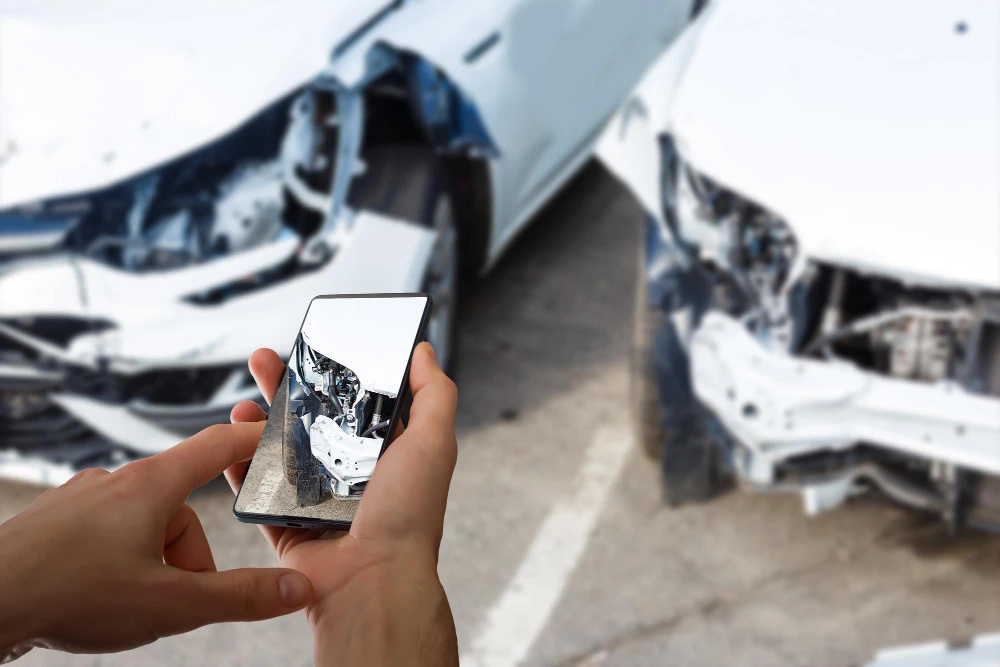How Do Insurance Adjusters Determine Fault in Car Accidents? A Guide for Louisiana & Texas Drivers
As an experienced personal injury attorney with almost 30 years of practice in Louisiana and Texas, I’ve seen firsthand how insurance adjusters can significantly impact the outcome of car accident claims. Understanding the process they use to determine fault is crucial for anyone involved in a collision.
The Role of Insurance Adjusters
Insurance adjusters are professionals hired by insurance companies to investigate claims and determine the company’s liability. Their primary goal is to minimize the amount of money the insurance company has to pay out. This can sometimes lead to unfair settlement offers or even denials of legitimate claims.
How Fault is Determined
The process of determining fault in a car accident isn’t always straightforward. Adjusters use a variety of factors to reach their conclusions, including:
- Police Reports: The police report is a critical document in any accident investigation. It typically contains information about the accident scene, witness statements, and the officer’s opinion on who was at fault. However, it’s important to note that police reports aren’t always accurate and can be disputed.
- Witness Statements: Adjusters will interview witnesses to the accident to gather additional information. These statements can be crucial in establishing fault, especially if they contradict the police report or the statements of the drivers involved.
- Driver Statements: Adjusters will also interview the drivers involved in the accident. It’s important to be careful when giving a statement to an insurance adjuster, as anything you say can be used against you later.
- Photos and Videos: Photos and videos of the accident scene, vehicle damage, and injuries can provide valuable evidence for determining fault.
- Traffic Laws: Adjusters will consider state traffic laws and determine if any violations occurred. For example, if a driver ran a red light or was speeding, they would likely be found at fault.
- Comparative Negligence: In Louisiana and Texas, the concept of comparative negligence applies. This means that even if you were partially at fault for the accident, you may still be able to recover damages. However, your compensation will be reduced based on your percentage of fault.
Statistics on Fault Determination
While determining fault is a case-by-case process, some statistics can shed light on common scenarios:
- In Louisiana, the most common type of accident leading to injury is a rear-end collision, accounting for approximately 28% of all crashes.
- In Texas, driver inattention is the leading cause of accidents, contributing to 27% of all crashes.
- Nationally, 65% of drivers involved in accidents admitted to being distracted immediately before the crash.
Why You Need an Experienced Attorney
Navigating the insurance claims process after a car accident can be challenging, especially when dealing with experienced adjusters who are trained to minimize payouts. That’s why it’s crucial to have an experienced personal injury attorney on your side.
A skilled attorney can:
- Investigate the accident: Gather evidence, interview witnesses, and consult with experts to build a strong case on your behalf.
- Negotiate with insurance adjusters: Level the playing field and fight for a fair settlement that covers all your damages.
- Litigate your case in court: If a fair settlement cannot be reached, your attorney can take your case to trial to seek justice.
Don’t Let Insurance Companies Undermine Your Claim
If you’ve been injured in a car accident, don’t let insurance adjusters dictate the outcome of your claim. Contact the Law Offices of Bart Bernard today for a free consultation. We have the experience, resources, and dedication to help you get the compensation you deserve.





